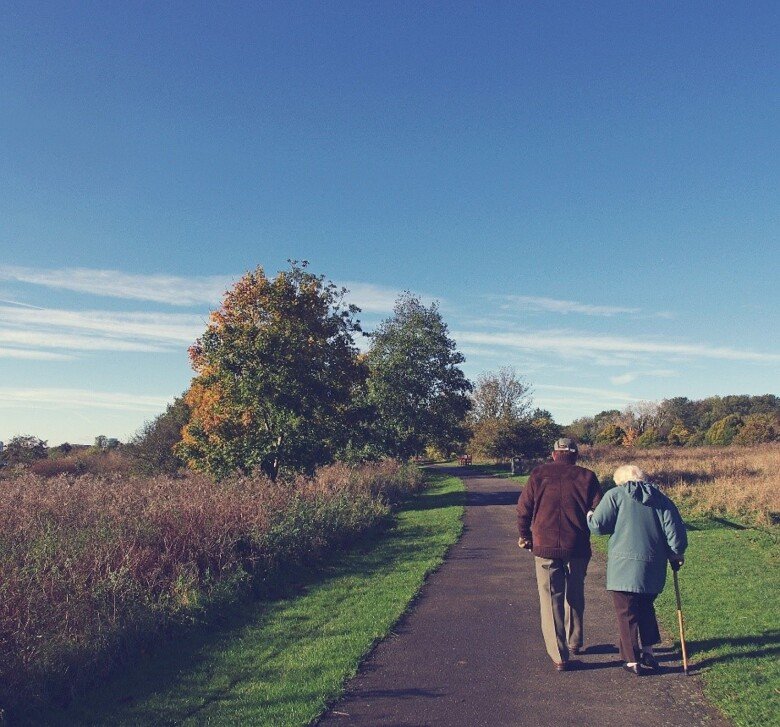POSITIVE- maintaining and imPrOving the intrinSIc capaciTy Involving primary care and caregiVErs
The overall aim of the project is to evaluate the usability of a technological infrastructure that enables a new organizational model for health care. The focus of the project is prevention of frailty in the elderly by involving three relevant actors; the elderly person, caregivers and primary care.

Elderly people may become frail due to an age-related, progressive decline in reserve capacity and physiological systems. In today's health care, the individual has a great responsibility for their health. But many frail elderly people do not seek medical care until something has already happened or the change becomes so great that they affect them appreciably. If preventative measures are taken at an early stage, one could reduce the risk of fragility and contribute to increased well-being for the individual. By striving for a preventive approach in health care, we could reduce the risk of ill-health and reduce the economic impact on individuals and society.
Identification of fragility can be done by following the person's physical- and mental functional status over time, rather than focusing on specific illnesses. The POSITIVE system enables healthcare professionals to remotely monitor the activity and health status of older people and identify signs of fragility, or other changes, that affect their health at an early stage.
The project is funded by EIT Health EU and is being implemented in collaboration with ATOS, Universidad Politecnica de Madrid (UPM) & Servicio Madrileño de Salud (SERMAS) in Spain, the University of Medyczny (UMED) in Poland and the Royal Institute of Technology (KTH) and the Karolinska Institute ( KI) in Sweden.
Design
POSITIVE is an intervention study including 50 elderly people and their relatives in Sweden. The same design and inclusion of participants will be conducted also in Spain and Poland. In total 150 people will be included.
Method
The project consists of three parts; development, training and pilot study conducted in the same format in all countries.
Training: Within the project, partners have together designed educational materials for the elderly and relatives, which during 2020/2021 have been published and disseminated through various digital platforms. To access the material, see the webpage on Healthy Ageing (in Swedish only).
All participants in the pilot receive a physical training program according to Vivifrail, which is a specially designed training program to reduce the fragility of the elderly. The exercise program should be performed daily at home. Half of the study participants will also use the POSITIVE system as support in their training and for contact with primary care.
The data collection includes both quantitative and qualitative methods in the form of interviews and testing of the participants' physical and cognitive functional level, quality of life and ADL ability. Caregivers' quality of life and workload will also be examined.
The upcoming project is based on a previously conducted Spanish pilot and aims to investigate whether the method is applicable in other European countries, and to further develop the technology that has been used previously.
Project leader
Other researchers
- Marina Taloyan, APC/Region Stockholm, KI
- Maksims Kornevs, KTH
- Sebastiaan Meijer, KTH
- Minna Teriö, KI
